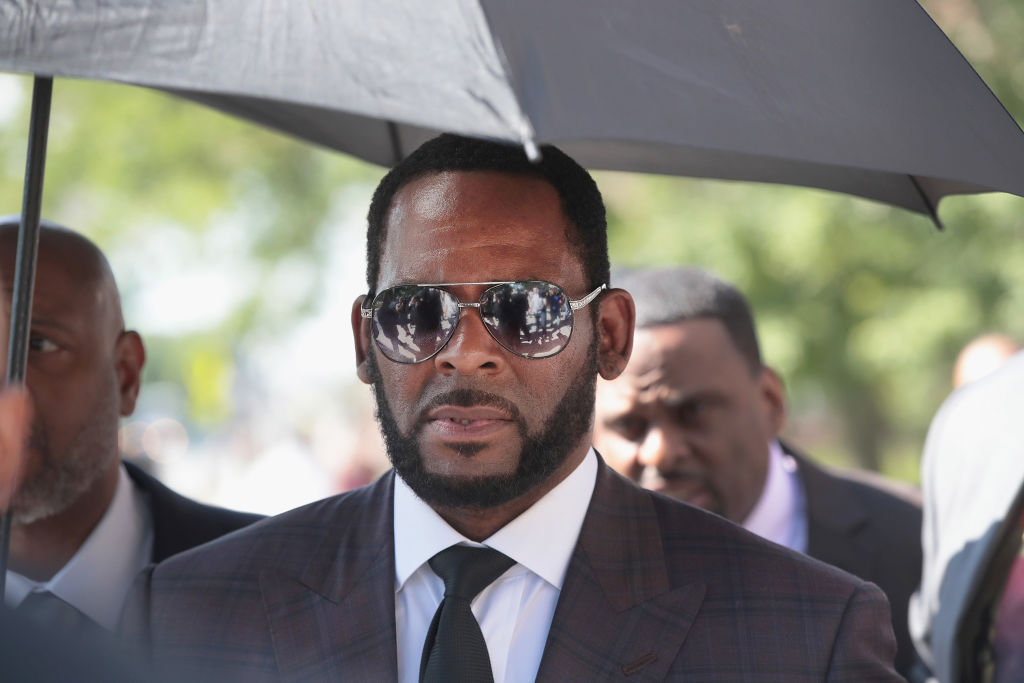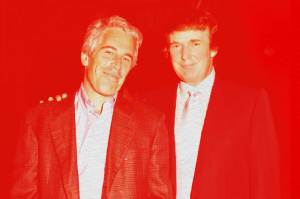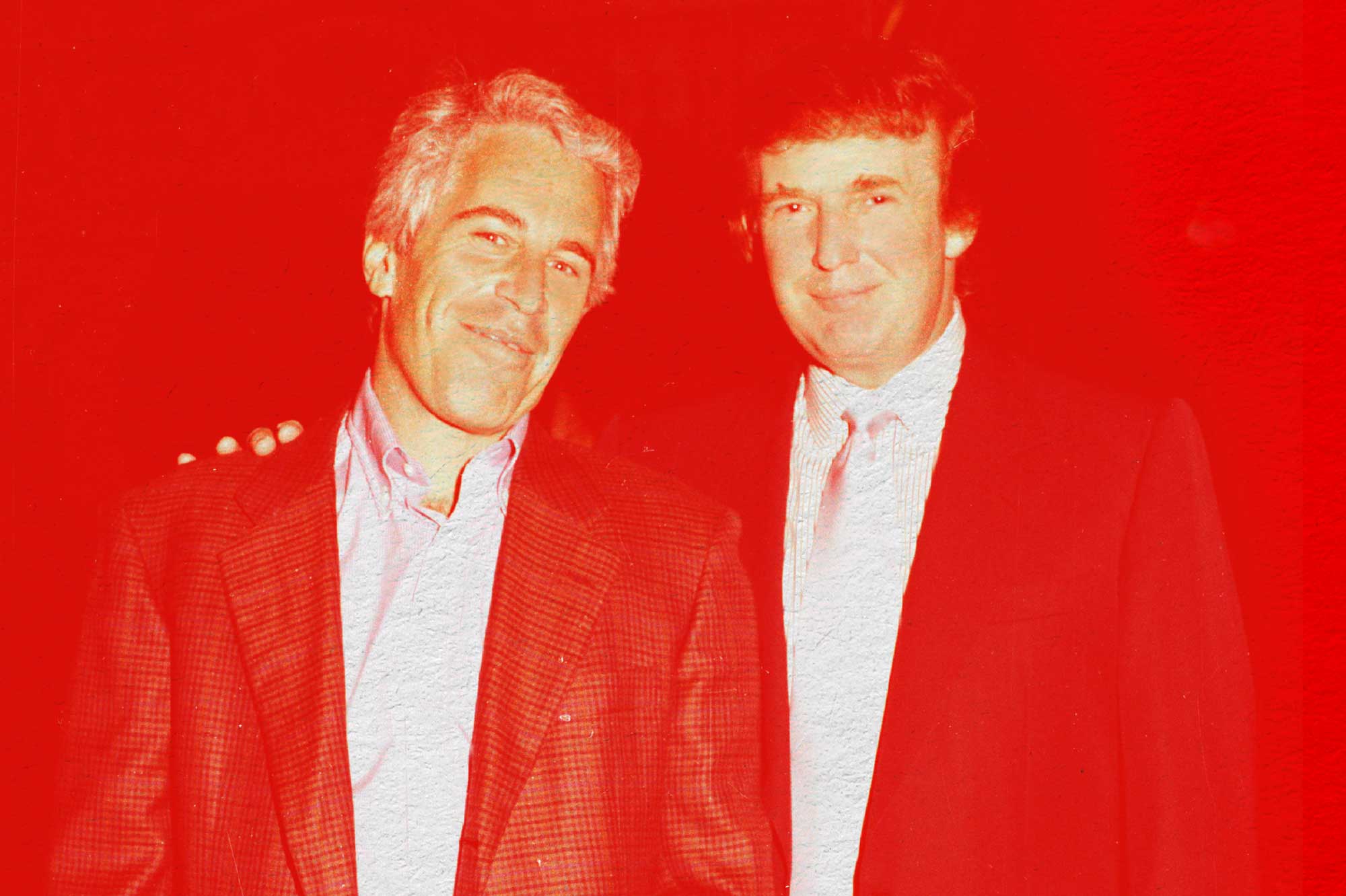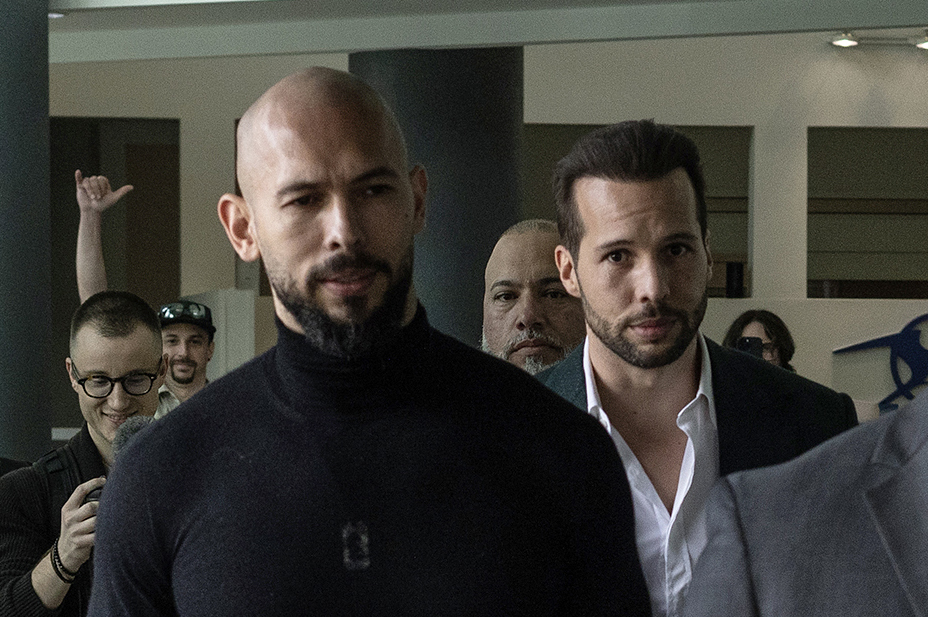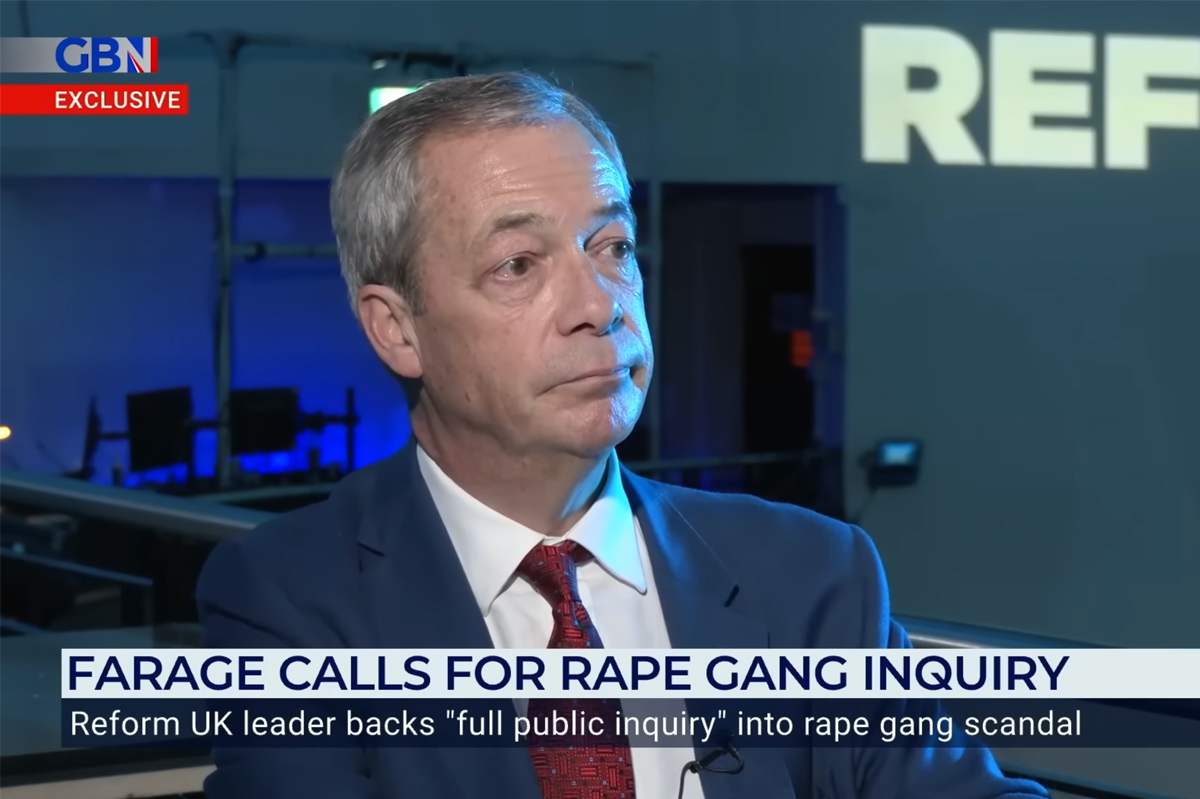As Harvey Weinstein was to film, so Robert ‘R.’ Kelly has been to the music industry. An energetic and profligate figure who enjoyed enormous commercial and artistic success in his heyday, Kelly’s downfall, with his convictions on nine charges of sex trafficking and racketeering, is now total. It looks likely he will be given a life sentence for his crimes, and few, other than his most devoted admirers, will be mourning his entry into the penal system.
Yet Kelly’s fate, while richly deserved, is not the end of the story. Instead, questions have to be asked of those who were around him while he behaved egregiously behind the scenes. It transpired, for instance, that he had married the singer Aaliyah in 1994 when she was 15, having paperwork forged to achieve his ends: a commonly known secret in the music industry. Two years later, Atlantic and Jive — two of the major record labels at the time — promoted Kelly as one of their leading R&B acts. Under Jive’s president, Barry Weiss, any suggestion of egregious behavior was ignored so long as Kelly kept having hits.
Before long, the allegations around Kelly’s antics became commercially damaging, though not disastrous. Weiss made the ill-advised comment to the New York Times in 2003, after Kelly had been accused of child pornography, that ‘I can’t say that it wasn’t a little bit scary’ that his star’s reputation was waning. But Weiss still defended him, saying, ‘For better for worse, he’s got to stay true to his audience. R. Kelly’s got to be R. Kelly.’
It soon transpired that R. Kelly being R. Kelly had led to women being trafficked and sexually assaulted, but Weiss, who gushed that his star was ‘the modern-day Prince, although there’s a bit of Marvin Gaye in him, and a bit of Irving Berlin’, simply turned a blind eye to the increasingly lurid accusations. When asked whether he believed there was any credence to the allegations that Kelly was then facing, Weiss simply replied, ‘I try not to think about that stuff.’
It will now be difficult for him to think about much else. Although Kelly was acquitted of the charges that he faced in 2008, it was widely known that he was guilty of something horrendous. The ‘Mute R. Kelly’ social media campaign begun by Kenyette Barnes and Oronike Odeleye in 2017 was based on the many allegations of sexual abuse circulating against him. Still, Weiss maintained a remarkable degree of detachment. He told the Washington Post in 2018 that he was unaware of the lawsuits filed against Kelly suggesting sexual assault.
As recently as 2020, Weiss gave an interview to Rolling Stone in which he boasted of his success and hunger for music, and vowed, ‘I will never stop grinding or hustling. You cannot get complacent.’ Complacency would now seem to be the least of his concerns. He has not made a public statement about his former protégé’s downfall, but doubtless it will be another Pilate-esque exercise in washing his hands of blame.
Admittedly, Kelly may be a grotesque one-off. But just as Weinstein’s downfall has led to the exposure and punishment of many, and the rise of the #MeToo movement, it is likely that Kelly’s disgraceful actions have been mirrored by the behavior of entitled, rich musicians with the silence of an industry that needs them — however criminal their actions — in order to survive. The verdict suggested, once again, that the time for silence is up. What remains to be seen is who remains, to quote one of Kelly’s hits, trapped in the closet, and who is dragged, screaming, into the light to face overdue justice.



